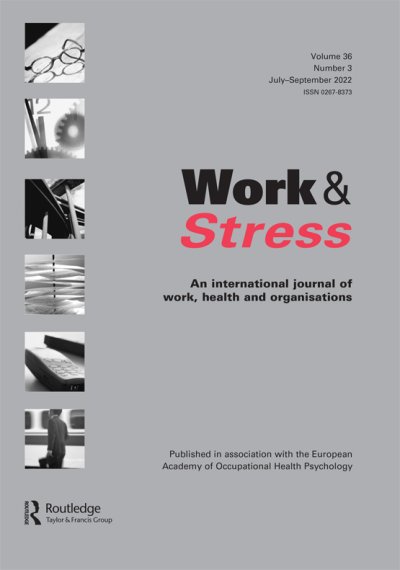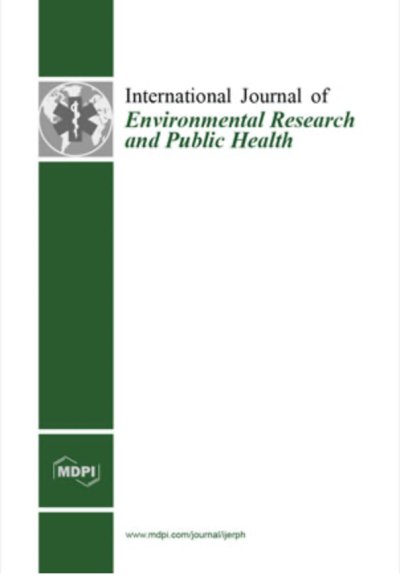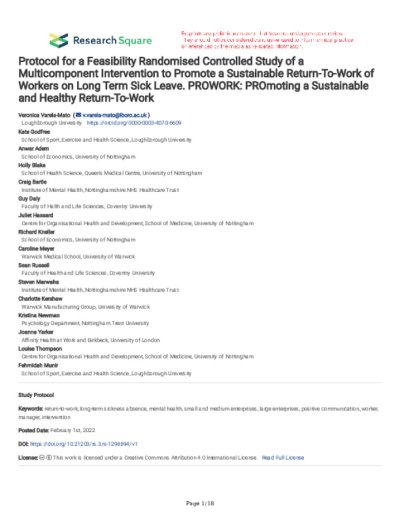Displaying 1 to 8 of 8
Meta-synthesis of qualitative research on the barriers and facilitators to implementing workplace mental health interventions
Mon, 26 Dec 2022
Purpose: There has been a rapid increase in the number of mental health interventions implemented in the
workplace. The efficacy of these interventions has been mixed. The factors influencing implementation may offer
insights to why some interventions fail to be effective.
Method: We conducted a meta-synthesis...
Employees' experience of supervisor behaviour - a support or a hindrance on their return-to-work journey with a CMD? A qualitative study
Mon, 14 Nov 2022
Supervisors play an important role in supporting employees to return to work following sickness absence due to common mental disorders; stress, anxiety and depression, however, employees may not always feel supported. We examined employees' perceptions of their supervisors' attitudes and behaviours pre,...
"What can I do for you? Line managers' behaviours to support return to work for workers with common mental disorders"
Tue, 4 Oct 2022
| Sustainable return to work remains challenging for workers returning after long-term sick leave due to common mental disorders (CMDs): stress, anxiety and depression. Line managers play a significant role in supporting returned workers. Therefore, the purpose of this qualitative study was to examine... |
Physical Workplace Adjustments to Support Neurodivergent Workers: A Systematic Review
Physical Workplace Adjustments to Support Neurodivergent Workers: A Systematic Review
Tue, 6 Sep 2022
This review examined the extent, nature and quality of the current empirical evidence for physical workplace adjustment to support occupational longevity, performance and health/well-being in ND workers because of their specific sensory needs. Our results indicate that the research is generally not well-developed,...
Managing Minds at Work: Development of a Digital Line Manager Training Program (PNG, 496 Kb, 1130x1604)
Mental ill-health is the leading cause of sickness absence, creating a high economic burden. Workplace interventions aimed at supporting employers in the prevention of mental ill-health in the workforce are urgently required. Managing Minds at Work is a digital intervention aimed at supporting line managers...
Future Teleworking Inclinations Post-COVID-19: Examining the Role of Teleworking Conditions and Perceived Productivity (PDF, 1.2 Mb)
Future Teleworking Inclinations Post-COVID-19: Examining the Role of Teleworking Conditions and Perceived Productivity
Mon, 9 May 2022
This study investigated the relationships between the context of home-based teleworking during the pandemic (pandemic-teleworking conditions), productivity perceptions during home-based teleworking, and employees' future teleworking inclinations (FTI) beyond the pandemic. Specifically, the study examined...
Protocol For A Feasibility Randomised Controlled Study Of A Multicomponent Intervention To Promote A Sustainable Return-To-Work Of Workers On Long Term Sick Leave (PDF, 991 Kb)
The cost of sickness absence has major social, psychological, and financial implications for individuals and organisations. Return-to-work (RTW) interventions that support good quality communication and contact with the workplace can reduce the length of sickness absence by between 15 to 30 days. However,...
Interpersonal Mindfulness In Leadership Development: A Delphi Study (PDF, 205 Kb)
Mindfulness is increasingly being used within leadership development to enhance managers' wellbeing and leadership capability. Given the relational nature of leadership, we posit that an interpersonal form of mindfulness has the potential to offer benefits over and above those provided by personal or...

























